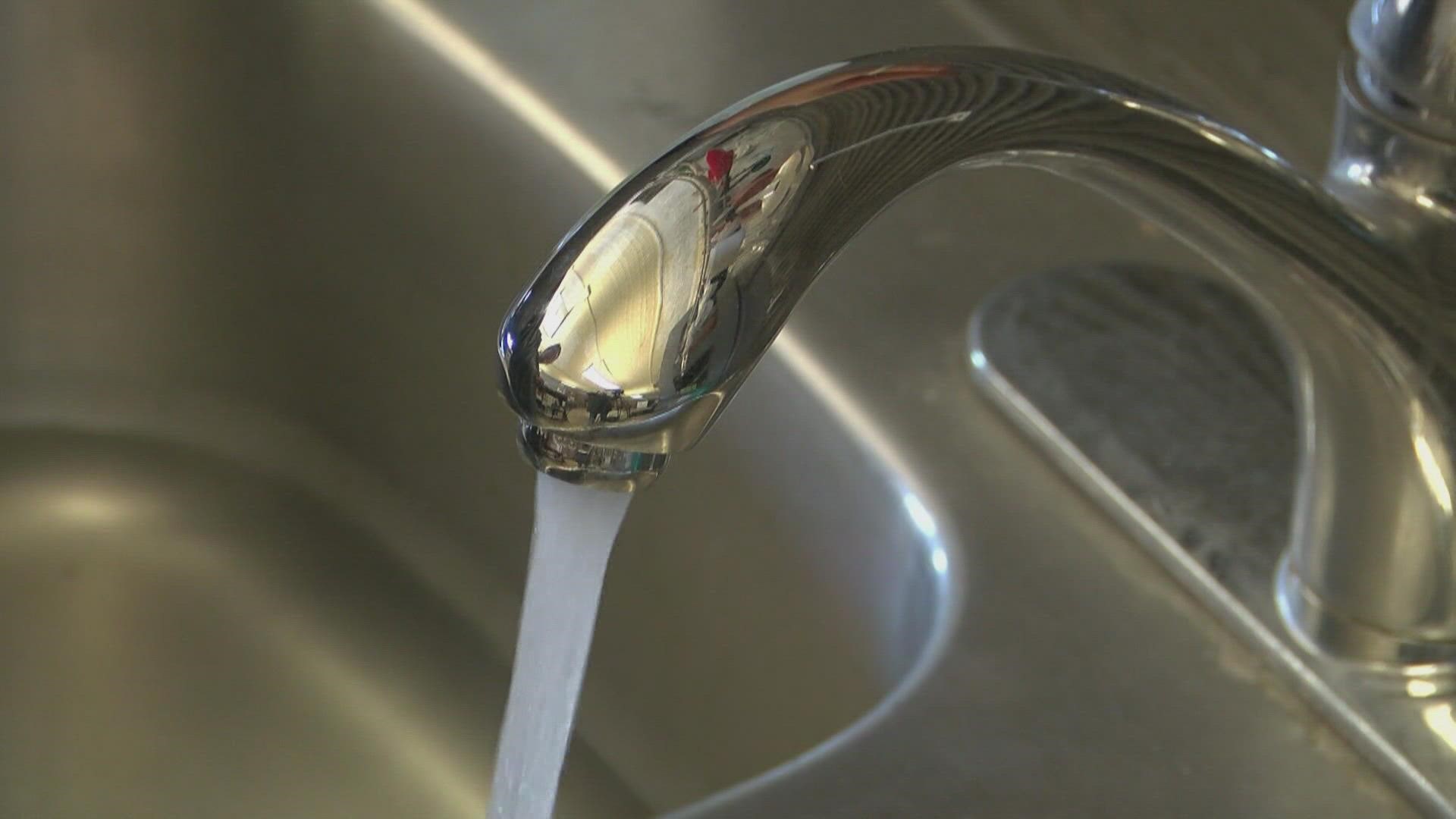LEON, Iowa — Tia Campbell works at a shop in Leon that specializes in tea, but since November she says she and others noticed a difference in the city's water.
"The taste was kind of like dirty soap water," Campbell said. "It smelled like nasty lake water. We had to go out and buy a purifier and before that we were buying bottles of water."
Amy Harkins says she stopped using tap water, especially when making her daughter's bottles.
"It smells kind of of rotten," Harkins said. "It kind of bubbles up too, so it's weird."
City Administrator Kyle Sheetz, who also leads the city's water and sewage department, said the change is due to above average temperatures in the fall. He says that allowed non-harmful organics to grow in the Little River Lake, which serves as the city's water supply.
"When those things go dormant or die when it does get cold, they release organic chemicals," Sheetz said.
He believes the weather might also explain why haloacetic acids, a biproduct of disinfecting the water, were recently detected at above average levels. If the contaminant is consumed in large quantities over a long period of time, it has been linked to cancer risks.
"They were talking about two plus liters a day, ingested for 70 years or so," said Sheetz.
This is why he says says residents should not be concerned. Iowa standards require haloacetic acid levels to be at or below 60 parts per billion. Sheetz said Leon's was just above that.
"We had a 60-point something, that rounded up to 61," he said.
He said the city flushed its hydrants and made changes to valves to allow fresher water to flow into water mains. He stresses the water is safe for drinking and said the town will work with the Iowa Department of Natural Resources to figure out a treatment process moving forward.
WATCH | Here's how Iowa road crews treat roads in subzero temperatures

